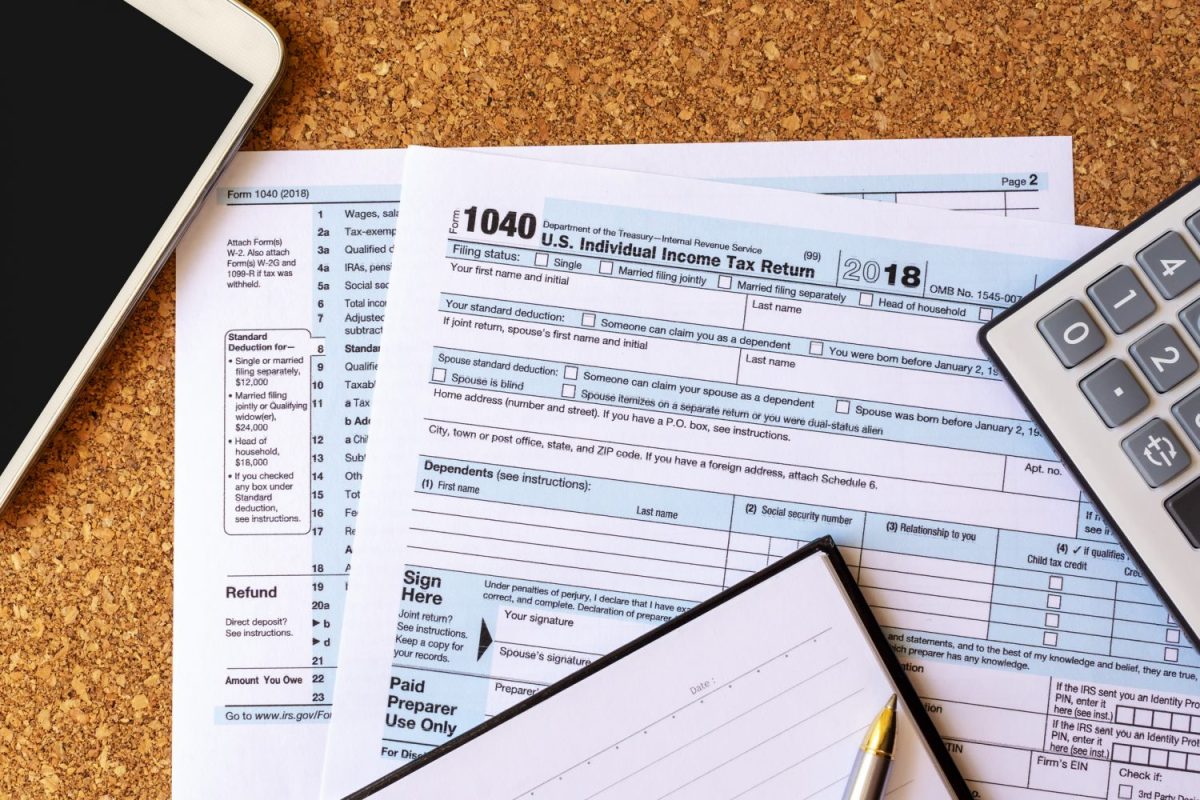They claim it on their website, but maybe the Internal Revenue Service really is “putting taxpayers first.”
For the eighth year in a row, the IRS audited fewer people than the year before, according to a report released on Monday according to the Wall Street Journal. Only 0.45% of Americans were audited for their income-tax returns in fiscal 2019, down from 0.59% in 2018. The 2019 amount is also less than half of the audits performed in 2010 (1.1%).
The lack of audits isn’t necessarily good news. It’s actually due to budget cuts at the agency — the IRS lost more than 29,618 full-time positions between the fiscal years 2010 and 2019. “These losses directly correlate with a steady decline in the number of individual audits during the last nine years,” as the new report mentions.
Not being targeted? Even though the recent audits report didn’t break down numbers by income category, former administration officials are claiming the lack of oversight is benefitting the very rich. “Our rough estimates suggest that at least 70 percent of the tax gap — defined as owed but uncollected taxes — comes from underpayment by the top 1 percent,” as former treasury secretary Lawrence H. Summers notes in a recent Washington Post op-ed.
In a paper co-authored by Summers and University of Pennsylvania assistant law professor Natasha Sarin, the two suggest a combination of better-focused audits, increased IRS funding to previous levels, better tech and broader earnings reporting could raise more than $1 trillion in the next decade, “primarily from very high-income taxpayers.”
As the Journal notes, the IRS cuts coincided with Republicans winning a majority in the House of Representatives in 2010, along with the news that the tax agency had improperly targeted conservative groups seeking non-profit status in 2013.
Subscribe here for our free daily newsletter.
Thanks for reading InsideHook. Sign up for our daily newsletter and be in the know.



















